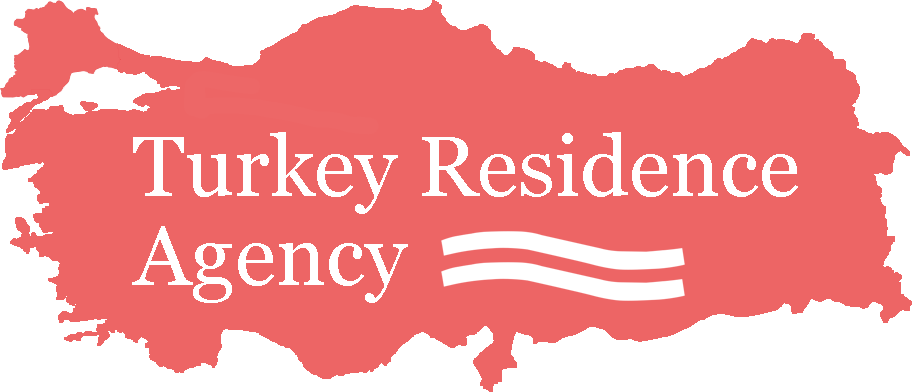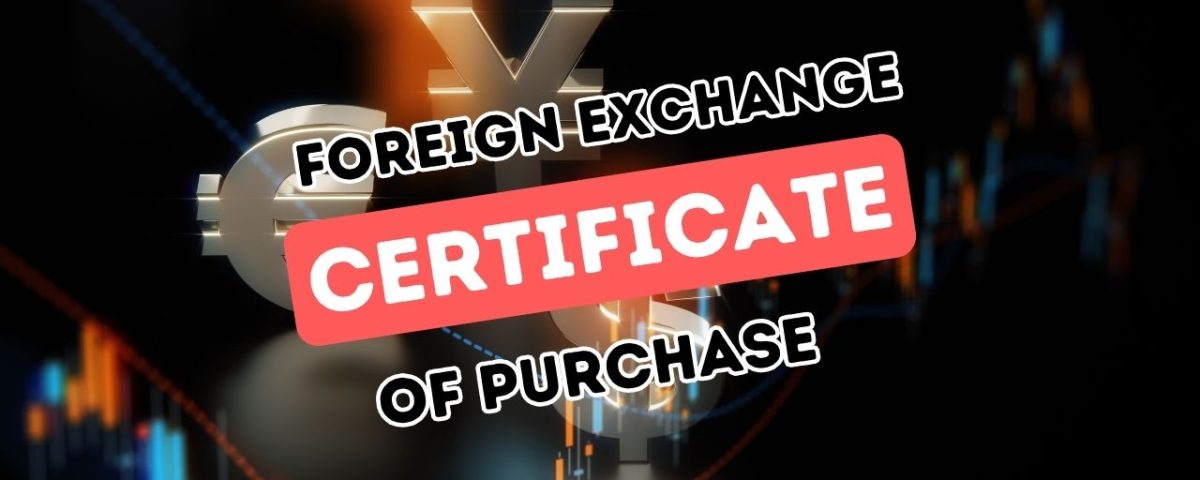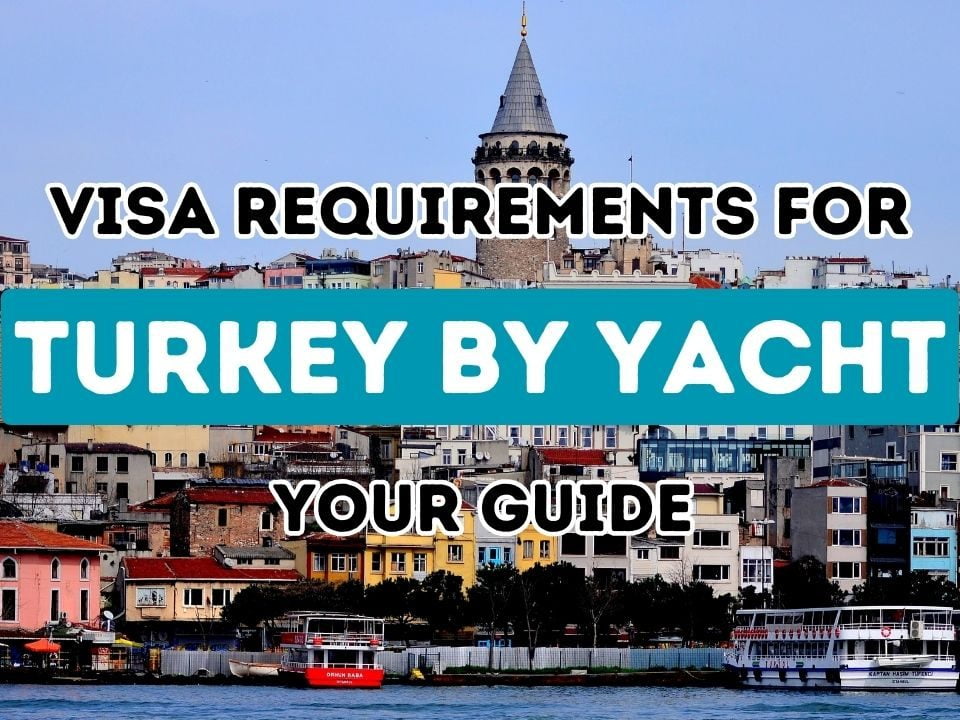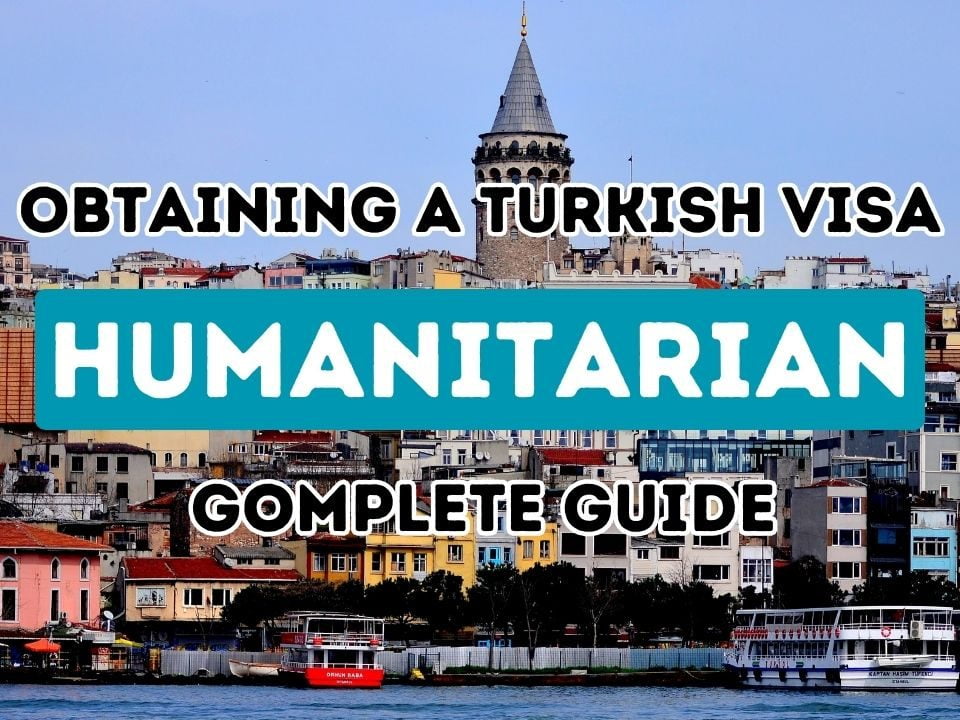Navigating Property Purchase in Turkey as a Foreigner
Turkey has a relatively open market for foreign property buyers, and there are few restrictions on who can purchase property in the country. However, there are a few regulations that foreign buyers should be aware of before making a purchase.
Foreign Exchange Purchase Certificate
One important regulation to note is that foreign buyers are required to obtain a “Döviz Alım Belgesi,” or Foreign Exchange Purchase Certificate, from the Central Bank of Turkey before buying property. This certificate verifies that the funds used to purchase the property have been legally obtained and exchanged into Turkish lira. To obtain the certificate, foreign buyers must provide documentation such as a bank statement or a certificate of deposit, as well as proof of the source of the funds.
Tax Number Requirement
In addition to the Foreign Exchange Purchase Certificate, foreign buyers are also required to have a Tax Number, which is issued by the Turkish Revenue Administration. The tax number is required to register the property in the buyer’s name and to pay any taxes or fees associated with the purchase.
Taxes and Fees for Property Purchase
Foreign buyers are also subject to the same taxes and fees as Turkish citizens when purchasing a property. This includes a title deed tax, which is a one-time fee paid at the time of purchase, and an annual property tax.
Restrictions on Property Purchase Locations
It’s worth noting that there are also some restrictions on where foreigners can purchase property in Turkey. For example, foreigners are not allowed to purchase property within certain military zones or areas designated as national parks or nature reserves. Additionally, foreign buyers must seek permission from the Ministry of Defense before purchasing property in border regions.
Land Purchase Limitations
There are also restrictions on the amount of land an individual can purchase and those restrictions might vary from region to region. As an example, in Istanbul, the maximum limit is 30 hectares for a foreign buyer.
Reciprocity Agreements
Another point to take into account is, depending on the country of origin of the buyer, there might be reciprocity agreements in place that would affect the buying process. Some agreements could make it more difficult for the citizens of certain countries to buy property in Turkey.
Challenges in the Buying Process
Finally, it is important to mention that the process of buying a property in Turkey could be challenging and complicated due to language barriers, legal requirements, and cultural differences. This is why it is highly recommended to seek the help of an experienced real estate agent or lawyer who can guide you through the process.
Summary
In summary, Turkey has a relatively open market for foreign property buyers, but there are a few regulations that buyers should be aware of, including the need to obtain a Foreign Exchange Purchase Certificate and a Tax Number. Additionally, buyers are subject to the same taxes and fees as Turkish citizens, and there are restrictions on where foreigners can purchase a property. It is highly recommended to seek the help of a professional to guide you through the process.






